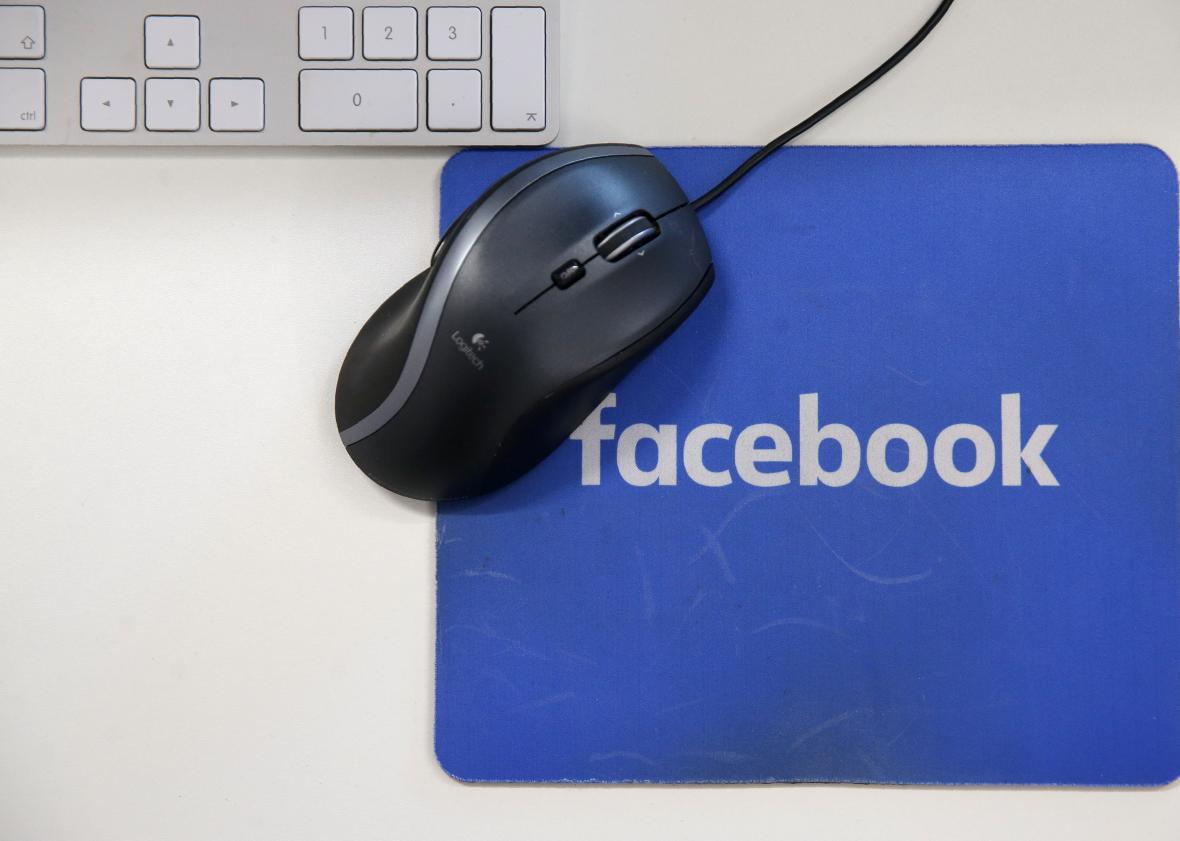Facebook has been maneuvering hard this year to provide users with a one-stop shop for all their internet needs. The platform has launched a host of features that look a lot like thinly veiled clones of other popular apps and websites. The intended effect: People never have to leave its domain.
Ever since a lawsuit with the Winklevoss twins, Mark Zuckerberg’s Harvard classmates who claimed they first came up with the concept for the social media network, Facebook has faced claims it was ostensibly ripping off ideas. Examples include the alleged poaching of digital coupons from Groupon in 2011 and the hashtag from Twitter in 2013. (It’s worth mentioning that many tech companies could be accused of stealing from Facebook, and each other, as well.) Some suggest Facebook is trying to create a choice for any internet startup that attains a certain level of success: allow itself to be swallowed up or see its signature conceit appropriated.
Facebook’s traffic has grown fivefold over the past four years, and it’s now valued at more than $500 billion. However, 2017 wasn’t just a banner year for the platform. Facebook has been mired in a high-profile congressional investigation into how Russian actors were able to manipulate the site during the presidential election by creating fake events, news stories, and groups to further inflame political debates in the U.S. The controversy also stoked previous charges that Facebook is essentially a monopoly (or, with Google, a duopoly). Despite the turbulence, the company’s shares are still expected to rise 30 percent next year.
Below is a list of apps and services that Facebook has launched or revamped this year to become The Internet, along with the websites it’s apparently attempting to imitate.
Fundraiser (Kickstarter)
Because most people don’t regularly browse Kickstarter itself to look for ways to donate or invest their money, the website often relies on traffic from social media sites. It looked as if Facebook was trying to become more than just a middleman when it created its own crowdfunding tool, called Fundraiser, in 2015. The service allows nonprofits and other projects to simply advertise their donation drives right on their organizations’ pages without having to set up accounts on other fundraising sites. This year, Facebook has been trying to promote this function globally, launching Fundraiser in 16 other countries, including Australia and Canada. The platform also eliminated its 5 percent fee for charities and plans to spend $50 million annually to match donations for certain causes.
Local (Yelp/Foursquare)
On Nov. 10, Facebook released Local, which was a sort of expansion of its Events app. It’s for more than just managing invites, though: Local also provides users with recommendations for restaurants, bars, and other service industry businesses based on reviews from friends. TechCrunch predicts that the app could be a real threat to Yelp and Foursquare if Facebook decides to go full throttle on promoting it, because the platform has a wealth of data on local businesses and social graphs.
Marketplace (Craigslist)
Launched in October of last year, Marketplace is a platform where people can advertise used items and housing. Its initial release was greeted with a lot of meh reactions; a review in BuzzFeed read, “[s]omehow Marketplace manages to be not quite as whimsical as Craigslist, less thorough than eBay, and kind of just, well, depressing.”
Then, this year, Marketplace underwent extensive renovations. In October, Marketplace partnered with a number of car dealership–listing websites to help legitimize and streamline its auto section. Last month, a collaboration with Apartment List and Zumper added hundreds of thousands of U.S. listings to its housing section along with filters based on location, price, size, and other preferences.
Work Histories (LinkedIn)
LinkedIn and Facebook have a history of mutual emulation. Just as LinkedIn has a Facebook-like curated news feed and video-sharing capabilities, Facebook has had a résumé feature for a couple of months now. You can share your work history privately with your existing social network and look at job ads provided by ZipRecruiter.
Stories (Snapchat)
When Facebook Stories first dropped in 2016, it seemed like a redundancy, given that the company already owned Instagram and WhatsApp Status. However, Facebook has been pouring its resources into the feature since then, and Facebook Stories now has a higher user count than Instagram Stories. In March, the company began heavily integrating its new augmented reality camera into the Stories feature. Then in October, users were given the ability to cross-post their stories on Instagram and Facebook.
As for Snapchat, user growth has been flagging for a number of consecutive quarters, likely prompting a major redesign of the app, which the company revealed last week.
Watch (Netflix/Amazon/Hulu/YouTube/etc.)
Facebook waded into the crowded field of online streaming and original programming in August with the rollout of its Watch tab, which features Facebook-funded shows and content from third-party sources. (Disclosure: Slate received funding for its series Watch Smarter.)
It doesn’t look like Watch is taking the leap into scripted fiction quite yet though—the programming mostly consists of sports, TLC and MTV-esque reality shows, documentary miniseries, and anything else you might catch on daytime TV.
Workplace (Slack)
Workplace, which Facebook also introduced in October 2016, is a corporate version of its messaging service, meant to facilitate video conferencing and chats between co-workers. The company boasted earlier in the fall that there were 30,000 businesses using the app, up from the 1,000 using it last year.
Yet CNBC suggests these numbers may be deceiving, intended to obscure how much of Slack’s territory Facebook has successfully encroached upon—while Slack claims that over 4 million people use its service, Facebook won’t disclose the number of individual accounts on Workplace or how many of the businesses are using the free version rather than paying for it. So all we really have is an apples-to-oranges comparison for determining how well the two are performing relative to each other.
